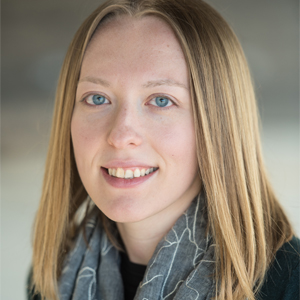
Empowering students with scientific service learning
In Neena Grover’s very first nucleic acid course, the students needed to learn about HIV. To bring the subject to life, she had the class volunteer at the Southern Colorado AIDS Project. There, the students met people affected by the virus and saw what it means to live with, and sometimes die from, AIDS.
“Students want to learn in ways that connect what they're learning to something meaningful,” Grover said. “That’s the hook of this type of learning.”
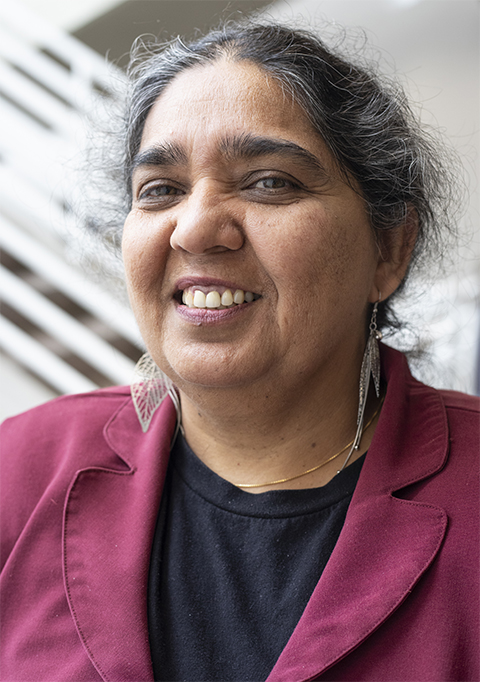
Starting with that first class, she has used innovative approaches in her classroom, combining discussions, research, problem-based learning and service learning.
Grover discovered her love for teaching and education during her postdoc when she taught organic biochemistry for the first time. Despite being told by others that teaching was a waste of time, she quickly realized she had been misinformed.
“The students were so enthusiastic and willing to learn,” Grover said. “I realized that we don't take education seriously. We think it is something beneath us.
“That moment changed me. I thought I'd make more contributions to education than I would ever make to RNA.”
Grover is a professor of chemistry and biochemistry at Colorado College and the recipient of the American Society for Biochemistry and Molecular Biology’s 2025 William C. Rose Award for Exemplary Contributions to Education.
Grover has been an ASBMB member for more than 20 years, during which time she has shown her a strong commitment to education. She has served on the Education and Professional Development Committee, helped establish the first ASBMB student chapters and led national ASBMB sessions on diversity, inclusion and antiracist practices.
In their nomination letter, Murphy Brasuel and Marilee Benore wrote that Grover “instills learning that stays with students. Alumni remark about their growth into competent and confident researchers and professionals and actively point to Neena’s classes as a catalyst.”
“Science does not exist in a vacuum in a lab,” Grover said. “It exists in the discipline as the problems the society needs to solve or the conversations that society needs to have. Science must engage with the society in meaningful ways.”
Collaboration is essential
At the ASBMB 2025 Annual Meeting, Neena Grover plans to talk about the importance of embracing collaborations. She said she recognizes how much collaboration — with her colleagues, the community and her students — has impacted her work.
“You can't work in isolation,” Grover said. “You can't work in a corner, and you can't do it without getting feedback. Building that network takes time. It takes energy. You may not see where it'll go, but it pays off in the end.”
Grover plans to share examples of how collaborations make a difference and the role of collaboration.
“We need to especially embrace collaborations with students because they teach us how to teach them,” Grover said. “We can’t just view them as passive acceptors of knowledge. Each generation of students may learn differently. I must be open to where they are.”
ASBMB 2025 award winners
Read profiles of all the society’s 2025 honorees who will receive their awards and give talks at the ASBMB Annual Meeting, April 12–15 in Chicago.
From receptor research to cancer drug development: The impact of RTKs
Joseph Schlessinger receives the ASBMB Herbert Tabor Research Award.
Computational and biophysical approaches to disordered proteins
Rohit Pappu receives the DeLano Award for Computational Biosciences.
Leading the charge for gender equity
Nicole Woitowich receives the ASBMB Emerging Leadership Award.
Helping underrepresented scientists feel seen
Benjamin Garcia receives the ASBMB Ruth Kirschstein Diversity in Science Award.
Transforming learning through innovation and collaboration
Neena Grover receives the William C. Rose Award for Exemplary Contributions to Education.
Curiosity turned a dietitian into a lipid scientist
Judy Storch receives the Avanti Award in Lipids.
Elucidating how chemotherapy induces neurotoxicity
Andre Nussenzweig receives the Bert and Natalie Vallee Award.
What seems dead may not be dead
Vincent Tagliabracci receives the Earl and Thressa Stadtman Distinguished Scientist Award.
'You can't afford to be 15 years behind the parasite'
David Fidock receives the Alice and C.C. Wang Award in Molecular Parasitology.
Guiding grocery carts to shape healthy habits
Robert Helsley receives the Walter A. Shaw Young Investigator in Lipid Research Award.
Enjoy reading ASBMB Today?
Become a member to receive the print edition four times a year and the digital edition monthly.
Learn moreGet the latest from ASBMB Today
Enter your email address, and we’ll send you a weekly email with recent articles, interviews and more.
Latest in People
People highlights or most popular articles
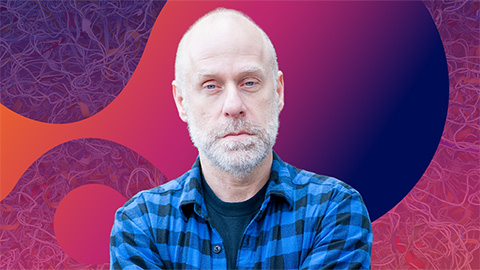
Mapping proteins, one side chain at a time
Roland Dunbrack Jr. will receive the ASBMB DeLano Award for Computational Biosciences at the ASBMB Annual Meeting, March 7–10, just outside of Washington, D.C.

2026 voter guide
Learn about the candidates running for Treasurer-elect, Councilor and Nominating Committee.
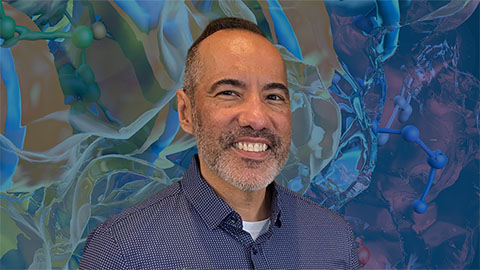
Meet the editor-in-chief of ASBMB’s new journal, IBMB
Benjamin Garcia will head ASBMB’s new journal, Insights in Biochemistry and Molecular Biology, which will launch in early 2026.
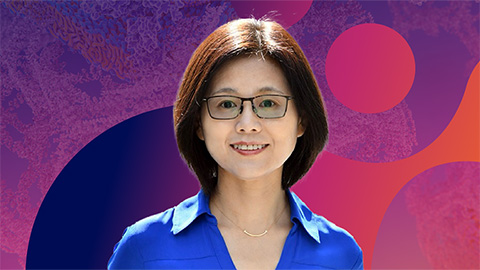
Exploring the link between lipids and longevity
Meng Wang will present her work on metabolism and aging at the ASBMB Annual Meeting, March 7-10, just outside of Washington, D.C.

Defining a ‘crucial gatekeeper’ of lipid metabolism
George Carman receives the Herbert Tabor Research Award at the ASBMB Annual Meeting, March 7–10, just outside of Washington, D.C.
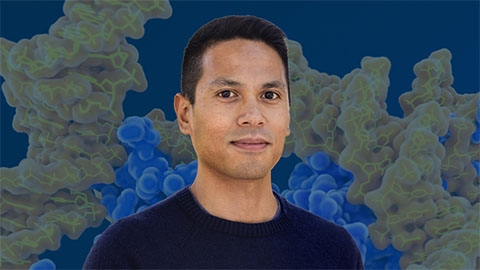
Nuñez receives Vallee Scholar Award
He will receive $400,000 to support his research.

